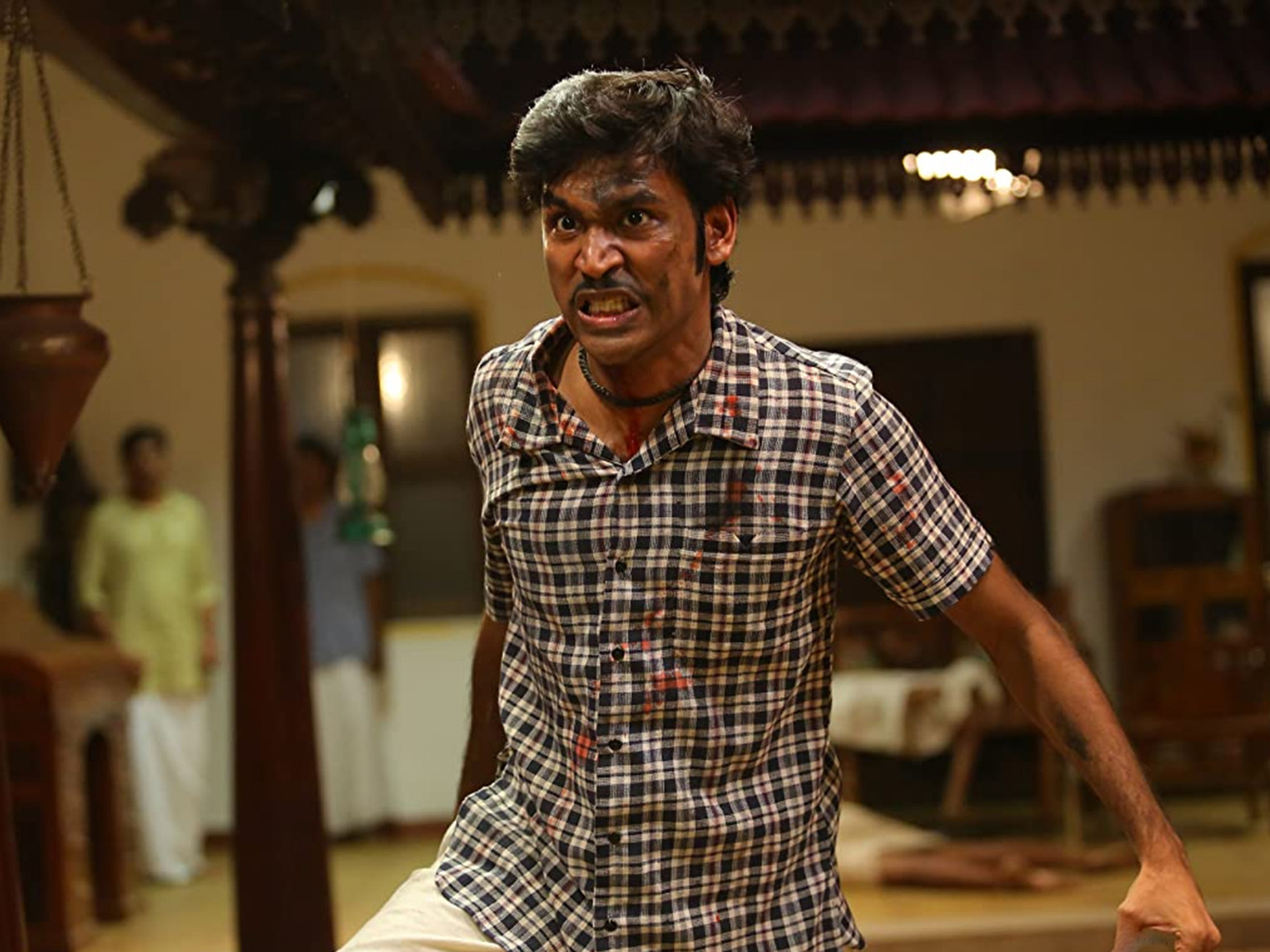
- Golden Globe Awards
Asuran (India)
Asuran (Demon) is a Tamil language action drama written and directed by Vetrimaaran and produced by Kalaipuli S. Thanu. The film is based on Poomani’s novel Vekkai (Heat) and the plot is influenced by the real-life Kilvenmani massacre that occurred in 1968.
The motion picture Asuran starts when a man lives with his wife and children in a remote place, growing crops on a small plot. When a greedy, rich baron in the nearby town wants to take their land, the father is not sure what the best course to take is. The farmer’s teenage son from an underprivileged caste kills the rich, upper-caste landlord. The rest of the story tells how the farmer, a loving father and a pacifist by heart, is able to save his hot-blooded son.
Director Vetrimaaran reveals that India, as a country, has this unique cultural problem in the caste system. “It is very hard to fight the system because the caste practice is very deep in India. It has been there for 3,000 years. This movie was a right thing to do to fight against the system.”
The main story is set in the early 1980s, but there is a flashback to, burning of a house that happens 1960s. “(That) actually happened and more than 40 people died. And the reason was that they asked for a raise their salary. They wanted to get two cases of grapes instead of one.”
Vetrimaaran continues that even today 60 percent of the people believe in the caste system. “(The) Indian government wants to divide people, and education is based on the caste.” Asuran is a revenge drama about an oppressed rural family. Vetrimaaran says that in India every day four people are killed in the name of honor. “If a lower caste person falls in love with an upper-caste person and they want to get married, then society kills them both or at least one of them.”
Vetrimaaran has won four National Film Awards and two times Filmfare Award South. He got a Special Award in September 2020 for talking about the long time issue of Panchami Land in Asuran. Panchami Land is the land which was distributed to Dalits (Untouchables) in Tamil Nadu during the British rule in 1892. It can neither be sold nor re-classified.

